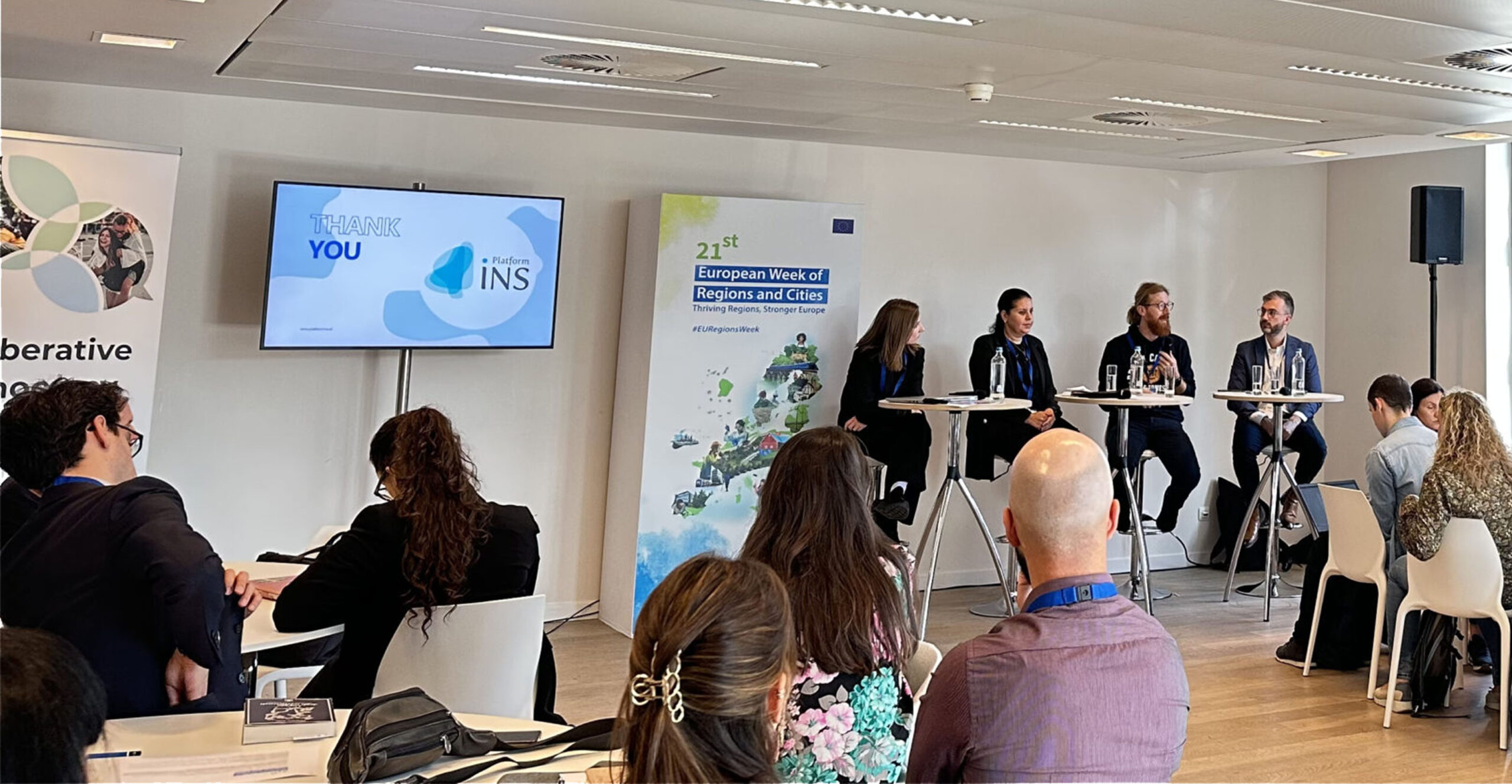
On October 10, at the SQUARE Brussels Meeting Centre, the Intercultural Dialogue Platform and the Citizen Z project partners organized a political lab entitled “Deliberative Democracy and Youth Engagement – Youth Citizens’ Assemblies across Europe”. The session was part of the 21st edition of the European Week of Regions and Cities. The 90-minute participatory and political lab sparked lively discussions on the potential of deliberative democracy to foster civic engagement among young people.
The event showcased the methodology employed in the EU-funded “Citizen Z” project, which aims to enhance youth engagement and enable young individuals from diverse backgrounds to actively participate in shaping their societies by providing platforms for innovative citizen deliberation.
The session started with a thought-provoking discussion panel hosted by Ludmila Malai, the Coordinator of the Citizen Z project. The moderator presented an overview of the project’s general approach and shared insights from the Methodological Guide. Joining her were esteemed speakers who provided valuable perspectives from their respective countries. Silvestar Petrov, President at Udruga Prizma, shared insights from the first round of local deliberations in Croatia. Kamila Boukfouz, Program Manager at Platform INS, presented findings from the Netherlands, while Alexandre Thiry, Program and Communication Manager at Fedactio, shed light on Belgium’s experiences.
Following the panel discussion, participants engaged in an interactive workshop 1-2-4-All, facilitated by Joanna Maycock, Co-Founder of Women 100 and a prominent European women’s rights campaigner. The workshop delved into innovative facilitation techniques that promote more participatory political and democratic spaces. Attendees gained valuable insights into how these techniques can foster dynamic and inclusive conversations while addressing the issue of the under-representation of young people in democratic and political life.
The event brought together 50 participants from at least 17 countries, including Italy, Malta, Greece, Finland, France, Spain, Bulgaria, Latvia, Nigeria, Portugal, Germany, Austria, Belgium, Hungary, Croatia, Sweden, and the Netherlands. Participants represented various fields, including civil society, EU institutions, local and regional authorities, academia, and research institutions.
The feedback received from participants was highly positive, with many expressing interest in the project and its Methodological Guide. They requested more details and showed enthusiasm for using and disseminating it to relevant stakeholders.
The session provided an inspiring and informative platform that encouraged participants to actively contribute to advancing youth engagement. It demonstrated the commitment of organizations and individuals working towards creating a more inclusive and participatory society where youth have a genuine voice and role to play.
Encouraged by the favorable feedback, the organizers are now considering implementing new ideas for future similar events and potentially collaborating on future editions of the European Week of Regions and Cities fostering continued dialogue and engagement on youth participation and deliberative democracy. This collaboration would facilitate the sharing of best practices, knowledge exchange, and the collective pursuit of creating more inclusive and participatory societies.
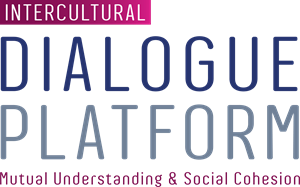
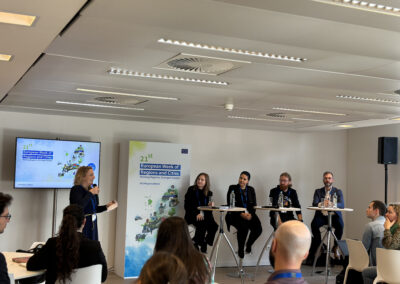
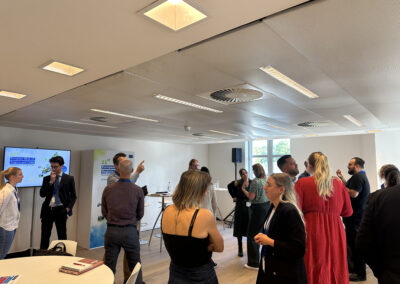
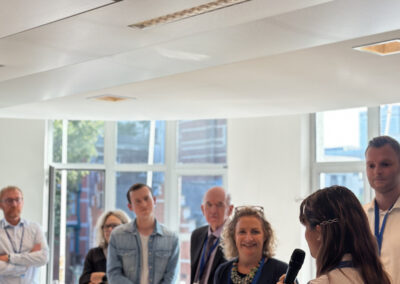
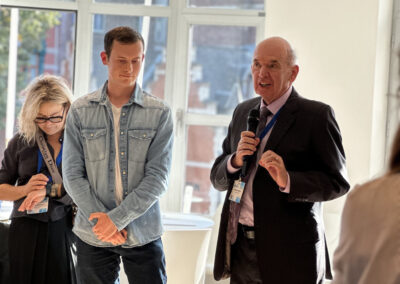
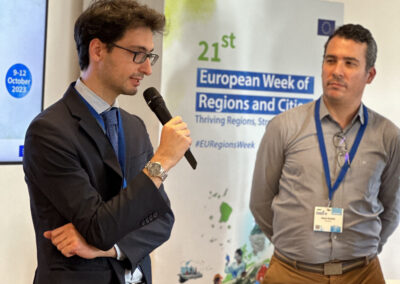
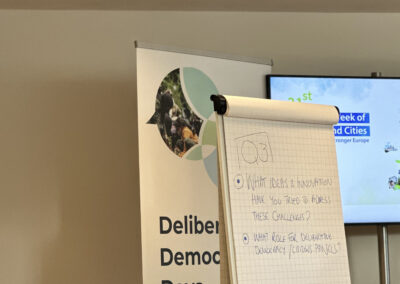
Recent Comments